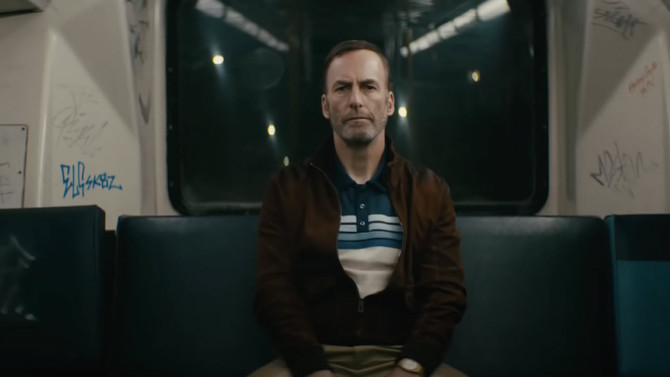
Nowhere Man
“He’s a real nowhere man, sitting in his nowhere land, making all his nowhere plans for nobody. Doesn’t have a point of view, knows not where he’s going to. . .”. A slightly abridged version of the first verse and chorus of The Beatles’ iconic song “Nowhere Man”, these mesmeric lyrics tell the tale of a man afloat in his life with no anchor – lacking the passion, drive, and spirit to make him truly whole. Very much akin to the central character in 2021's Nobody, an action packed film written by Derek Kolstad (the scribe behind the John Wick franchise) and directed by Ilya Naishuller, Hutch Mansell (Bob Odenkirk), is suffering from middle class (and aged) ennui. Though that last statement may sound more like something from Mike Nichols’ The Graduate than an action packed extravaganza, this is a far cry from a character drama.
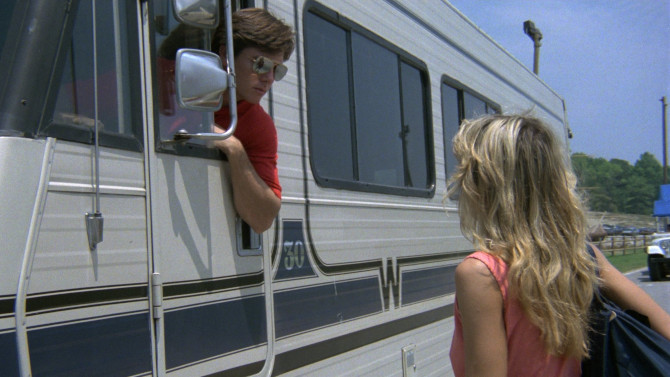
What Could Have Been: Hitcher in the Dark
In the late 1980s, Italian director Umberto Lenzi, best known for his giallo and horror fare – think Seven Blood-Stained Orchids and Knife of Ice, came to America to work with fellow Italian film maker Joe D’Amato (the man had been Lenzi’s cinematographer on 1970's A Quiet Place to Kill). Making four films together in two years, the one to be looked at here today is 1989's Hitcher in the Dark. . . a bizarre flip-the-script hybrid between the recently successful horror movie The Hitcher (1986) and the ever successful Alfred Hitchcock picture Psycho (1960). Following a mentally disturbed man in his early twenties, Mark Glazer (Joe Balogh) has a rather sick obsession (both sexual and violent) with his mother – the whole issue stemming from the fact she abandoned the family when he was only ten years old to schtup the local tennis pro (I’m sure the athlete is still claiming game, set, and match).
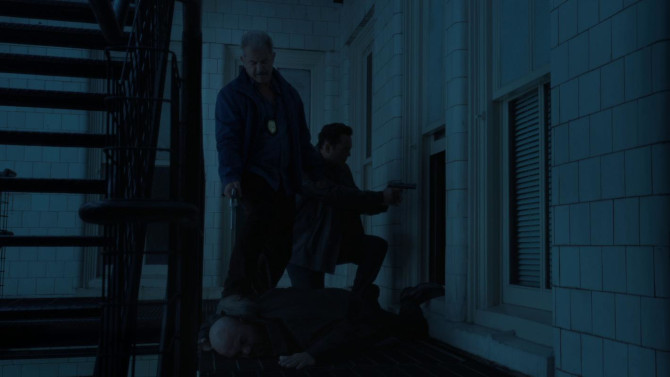
Road Rash
A tale of its time, writer/director S. Craig Zahler (Bone Tomahawk; Brawl in Cell Block 99), takes us into dangerous terrain. . . no, not some bloody wartime feature or psychotic mystery/thriller, but rather into the realm of conservative and liberal, cops and criminals, race and racism, preconceived notions, and cancel culture, with his 2018 film Dragged Across Concrete. If you’ve seen Zahler’s previous efforts, you’ll likely know what to expect – fantastic, if lengthy dialogue (with a very specific and unique rhythm), combined with shocking moments of violence. Almost written more like a novel than a screenplay, it is a fascinating study. . . but more on that later.
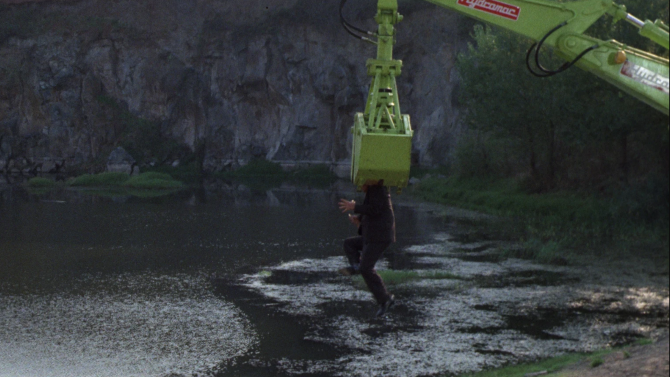
Mio Caro Assassino
Introducing us to what would normally be our main protagonist in a gialli, Umberto Paradisi (Francesco Di Federico) – an insurance investigator turned amateur sleuth who has hired a two bucketed backhoe to dredge up some unknown clue from a murky quarry pond, is unceremoniously nabbed by the two pronged machine, hoisted up, legs dangling, before his neck finally gives way and he is no more – talk about an introduction! The movie title, which is a rare near perfect translation of its original Italian, is My Dear Killer (1972), directed by Tonino Valerii, a slightly lesser known giallo with some influential moments.
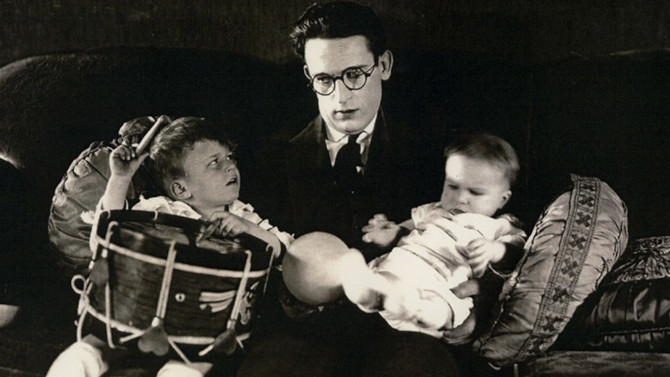
Hughes’ Clues
I have to wonder whether John Hughes ever saw the Harold Lloyd short film I Do (1921), directed by Hal Roach. . . as its story shares some striking similarities to his festive holiday classic script for Home Alone (1990), directed by Chris Columbus. A twenty-two minute ditty on a newly married couple, The Boy (Lloyd) joins in union with The Girl (Mildred Davis – who would marry Lloyd just two short years later) – a nice touch finds some early animation depicting the ceremony. Flashing forward to a year later, a gag makes us first think they may have already had their own child. . . but it is not so. . . and maybe that’s a good thing. Asked to babysit the two children of the Brother-in-Law (William Gillespie), the narrative definitely doesn’t hold anything back – as they are named The Disturbance (Jack Morgan) and The Annoyance (Jack Edwards).
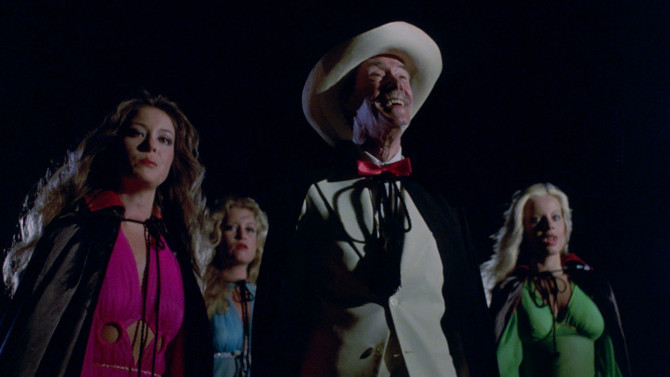
What Could Have Been: Vampire Hookers
Every once in a while, you stumble upon such a film travesty, you just can’t wrap your head around how it can be so. At the 51st Academy Awards – held in 1979, “Last Dance”, a ditty from Thank God It’s Friday won Best Original Song, while the twangy rock tune, “Well, They’re Vampire Hookers. . . and blood is not all they suck”, the theme song from the American/Filipino co-production Vampire Hookers (1978), somehow didn’t even get nominated – go figure. A quirky exploitation horror comedy directed by Cirio H. Santiago, the premise is not actually half bad: furlough enjoying Navy men Tom Buckley (Bruce Fairbairn) and Terry Wayne (Trey Wilson) are fresh off the boat, looking for some fun in this undisclosed Asian locale. . . only to soon discover that, after a night of partying, their commander, CPO Taylor (Lex Winter), who was being chauffeured around the city by graveyard shift working taxi driver Julio (Leo Martinez), has gone missing.
